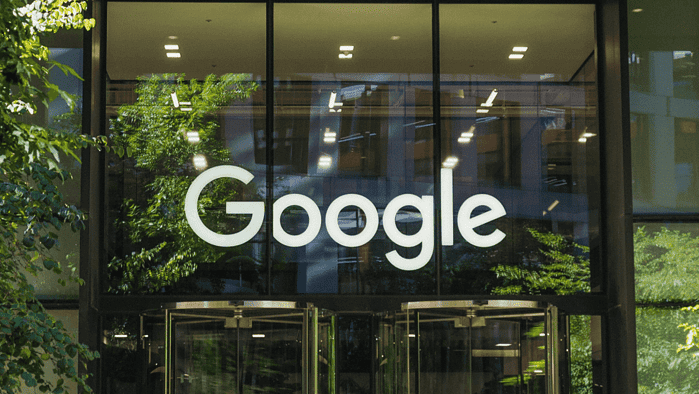Google hits back at DOJ's "radical interventionist agenda" for proposing to sell Chrome
Google and the DOJ have been going at each other.
2 min. read
Published on
Read our disclosure page to find out how can you help MSPoweruser sustain the editorial team Read more
Key notes
- Google criticized the DOJ’s proposal to divest Chrome, calling it overreaching and harmful to innovation and privacy.
- The DOJ argues divesting Chrome will reduce Google’s control and boost competition in search.
- Proposed remedies include banning exclusive deals and requiring choice screens on devices like Pixel phones.

Google and the US Department of Justice (DOJ) have been arguing on search distribution agreements and the broader implications of antitrust remedies on Google’s services.
In the latest open blog post, the Mountain View tech giant’s President of Global Affairs, Kent Walker, criticized the DOJ’s latest proposal in its lawsuit over Google’s search distribution agreements, calling it an overreaching plan that jeopardizes consumer privacy, innovation, and America’s technological leadership.
“As just one example, DOJ’s proposal would literally require us to install not one but two separate choice screens before you could access Google Search on a Pixel phone you bought,” Walker says.
“And the design of those choice screens would have to be approved by the Technical Committee.”
In a recent filing, the DOJ urged a federal judge to require Google to divest its Chrome browser as part of remedies for antitrust violations following an August ruling that declared Google a search market monopoly.
As the DOJ says, the divesting of Chrome “will permanently stop Google’s control of this critical search access point and allow rival search engines the ability to access the browser that for many users is a gateway to the internet.”
It also suggests banning Google from exclusive deals with companies like Apple and Samsung and stopping it from favoring its own search engine in popular smartphones.
DOJ has previously suggested that Google be required to sell its Chrome browser to address its alleged monopoly in the search market in what would be the biggest tech crackdown in history.
But, it wasn’t the first government attempt to break up tech giants for antitrust concerns. A decade ago, Washington sued Microsoft for allegedly monopolizing the PC operating system market. Microsoft settled in 2001, imposing restrictions on its practices, like sharing APIs and allowing alternative browsers, but the company was not broken up.









User forum
0 messages